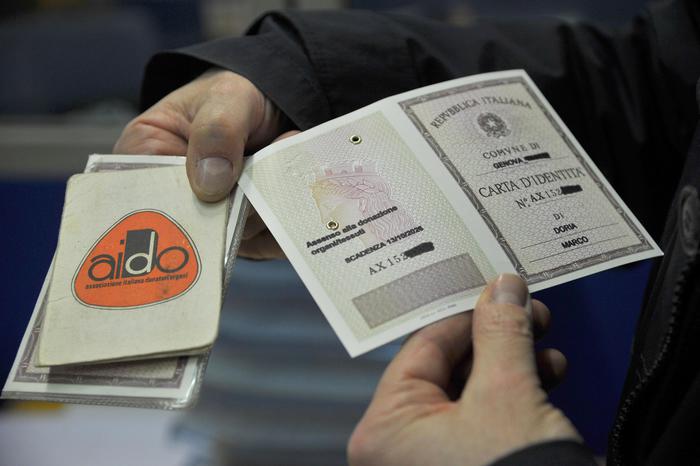Only 55.3% is the percentage of Italians who have expressed their will on organ donation for a transplant. The data emerges from a research, promoted by the National Transplant Center in collaboration with the University of Padua which underlines that 8,022 patients are still waiting for a transplant.
Recent news on techniques that open up new frontiers in the field of cardiac surgery (use of a heart that has ceased all electrical activity for 20 minutes) are fueling the hope that the number of transplants in Italy may increase. However, for this to happen it is necessary for the person, as long as he is alive, to express his willingness to donate the organ. To date, little research investigating attitudes and perceptions regarding organ donation has been conducted in Italy.
“Despite a generally positive attitude towards post-mortem organ donation, the number of expressions of will is still too low – says Sabrina Cipolletta of the Department of General Psychology of the University of Padua -.
We asked ourselves what happens between “saying” and “doing”. This is an important study to understand the perceptions, knowledge, fears and difficulties for the expression of will to post-mortem organ donation by the Italian population. It is the first in-depth study at national and international level to involve such an impressive number of participants (353) who took part in 38 discussion groups and who represent different segments of the population and different professional roles. The research – he says – made it possible to identify the major resistances to donation such as false beliefs, the desire to maintain the integrity of the body even after death, some religious beliefs and mistrust in science and in the health system. On the contrary, direct experience or knowledge of people who have received a transplant or who have donated their organs have been found among the facilitators of the expression of will”.
breaking latest news © Copyright ANSA
